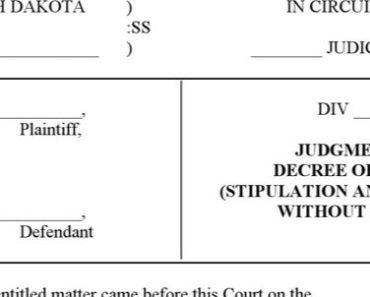[ad_1]
Recently, a newly divorced woman in her 50’s asked me if I knew of any good books for middle-aged, single woman of wealth. My eloquent answer was, “Um, er . . . .”
Others might have more flippant responses like, “Why? Where’s the problem?” It may be hard to empathize if one has not experienced the particular challenges of being left through death or divorce to manage wealth alone in midlife or later. Those challenges, however, are real.
Let me be clear that I am intentionally not putting a numerical number to “wealth,” since it is very relative to your location and your community. Also, I am emphasizing the challenges for newly single women because that is a common circumstance I see as a financial planner. Yet most of these issues apply to anyone, regardless of gender, who is left single in midlife.
Obviously, it’s far better to be left suddenly single with money than without it. Nevertheless, as I have seen with clients, wealth brings its own difficulties. We’ll explore some of the money-management challenges of that situation this week and some of the emotional challenges next week.
1. Wealth Management: Effectively managing wealth is a challenge for anyone. It can be especially daunting for a midlife or older women who is suddenly in charge, especially if she was not fully involved in managing money for the coupleship. Needing to master the ins and outs of investing and financial affairs in the middle of a stressful life change is daunting.
It’s wise to seek professional advice and assistance, which raises the question of whom to trust. Looking for a fee-only, commission-free, fiduciary financial planner is only a first step. Just as important is to find one who listens, treats you with respect, and is not condescending because of your gender, age, or financial status. Your trusted financial advisor can help you with much more than investments, including navigating the following areas.
2. Healthcare: Healthcare can be a significant concern for middle-aged and older women even when paying for insurance and care is not a problem. Preventive care, managing chronic health conditions, and accessing quality healthcare are increasingly important as we get older. Without a partner as an advocate, it’s often harder to make decisions and take necessary action to support your physical wellbeing.
3. Retirement Planning: Planning for retirement is a critical consideration for middle-aged women, especially those newly in charge of unaccustomed wealth. It is easy to overestimate what you can afford as a lifestyle and to put off thinking about the future.
4. Estate Planning: Estate planning for a single person is altogether different from that for a couple. Estate plans need to be revisited and redrawn when a coupleship ends. Ensuring that assets are distributed according to your wishes requires a lot of thought, including considering the possibility of remarriage. It’s a good idea to work through the practicalities and emotional elements of a prenuptial agreement long before any potential new spouse is in the picture.
5. Tax Planning: Tax planning changes significantly when one becomes single. Strategies that worked as a couple often no longer serve, and one of the surprises for the newly single is that the tax bill may increase significantly. Your new tax status also requires rethinking retirement plan strategies, deductions, and cash flow.
Being left solely responsible for wealth can be both a blessing and a burden. It’s helpful to build a support system of peers as well as trustworthy professionals. Ask questions, do your own research, and trust your own ability to learn the skills you need to rely with confidence on your own judgment.
Rick Kahler, CFP, is a fee-only financial planner and financial therapist with a nationwide practice, Kahler Financial Group, based in Rapid City. His co-authored books include Coupleship Inc. and The Financial Wisdom of Ebenezer Scrooge.
[ad_2]
Source link
